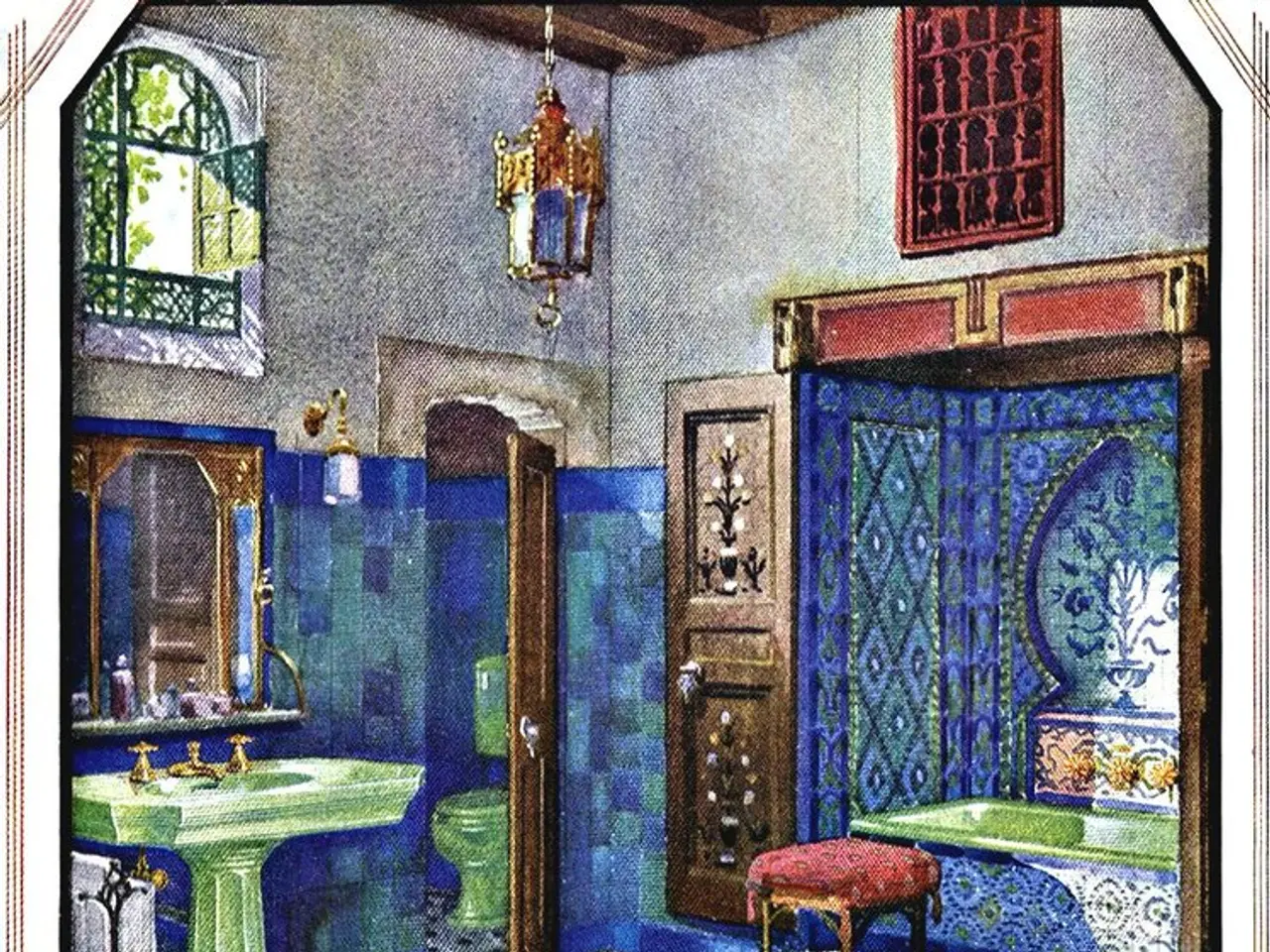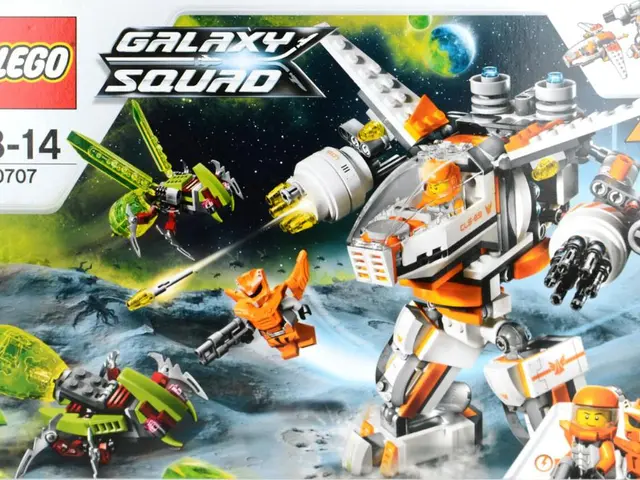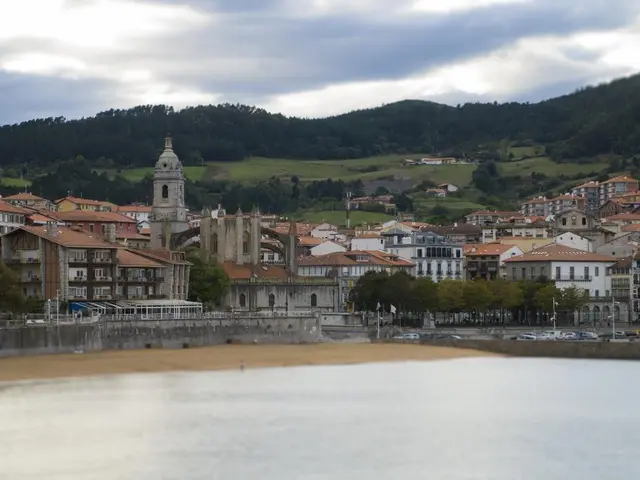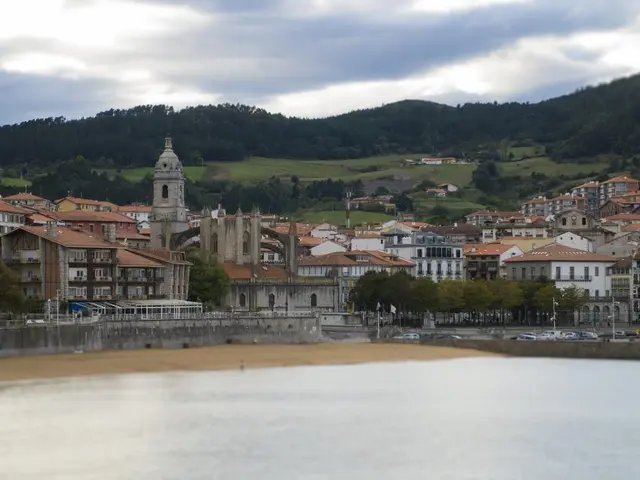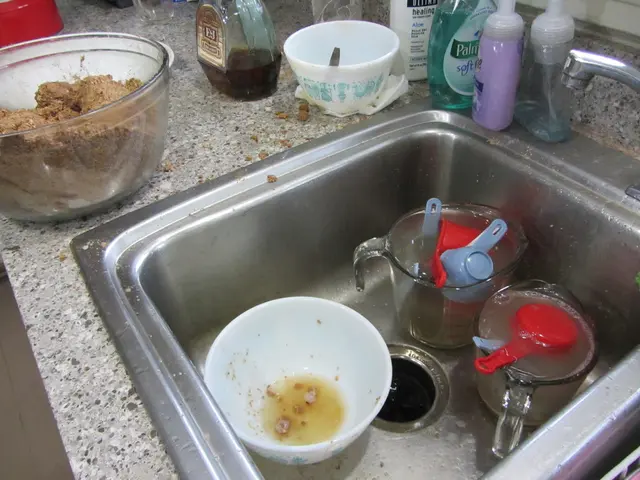Industrial Water Cycle Traversing Rhine Riverbanks: An Analysis in Wiesbaden Industrial Park
The Kalle-Albert Industrial Park in Wiesbaden-Biebrich, operated by InfraServ, is a significant employer in the region, employing around 950 people. Situated strategically on the Rhine, the park benefits from a large catchment area that extends up to the Alps, making water management a key aspect of its operations.
One of the most striking features of InfraServ's water management is the sourcing of process water primarily from the Rhine river. This river water is treated and used for various industrial processes within the park.
The waste water generated in the park is categorised into several classes based on their source and contamination level. These include surface water wastewater, process wastewater, sanitary wastewater, and stormwater with industrial contaminants. Each of these wastewater types undergoes treatment suitable to their class before discharge or recycling to meet environmental regulations and protect local water bodies.
Surface water wastewater, originating from rainwater runoff and surface drainage inside the plant area, is typically classified as clean or lightly contaminated water (wastewater class I or II depending on specific contamination). Process wastewater, coming directly from industrial processes, often contains oils, solvents, organic and inorganic chemical contaminants and is classified as medium to heavily contaminated wastewater (wastewater class II to III, depending on pollutant load).
Sanitary wastewater, generated from lavatories, kitchens, and other sanitary facilities within the park, is generally classified as domestic wastewater (wastewater class I or II). Stormwater with Industrial Contaminants, rainwater that drains areas with potential for chemical spills or residues, is classified variably, often treated before discharge to meet class II or III standards.
InfraServ operates with a strict waste water separation system to prevent mixing of the streams. This system ensures that the waste water is treated and disposed of in an environmentally friendly manner.
The cycle within the park, from wastewater to demineralized water for turbines, is closely monitored and adapted to changing conditions. For instance, a portion of the extracted Rhine water is treated to VE water (fully desalinated water) for sensitive industrial plants and turbines.
InfraServ continues to innovate in water management, aiming to reduce water consumption and use waste heat more efficiently. This includes the use of heat pumps to harness waste heat and reuse it in the industrial processes.
In addition to its industrial operations, InfraServ also engages with the local community. It hosts events such as open house days and neighborhood days, providing opportunities for public engagement. Recently, InfraServ showcased its water cycle on the Day of Industrial Culture and will be hosting another open house day for the Biological Wastewater Treatment Plant on the Petersau Island on May 13.
InfraServ Wiesbaden's commitment to sustainable water management and community engagement is evident in its operations at the Kalle-Albert Industrial Park.
Read also:
- Innovative Garments and Accessories Producing Energy: Exploring Unconventional Sources for Renewable Power
- Irish and German governments will collaborate with ESB on a groundbreaking green hydrogen study.
- The Good Rice Alliance has given 'Ae' a high pre-evaluation ranking, as recognized by BeZero Carbon.
- Spheron and Nubila Combine Efforts to Equip Climate AI with Web3 Technology
